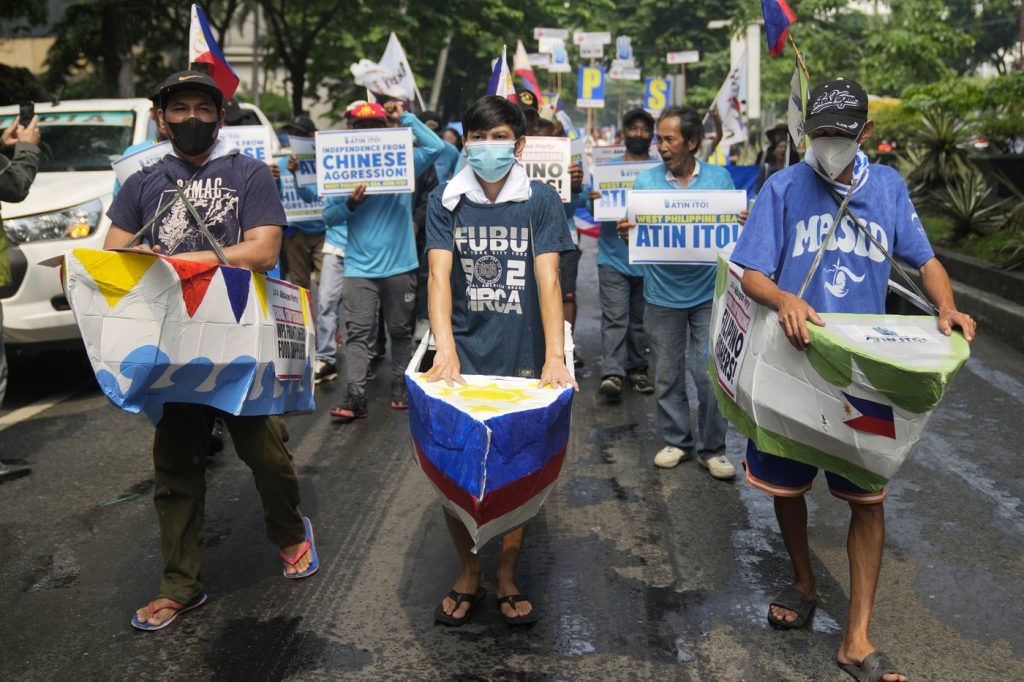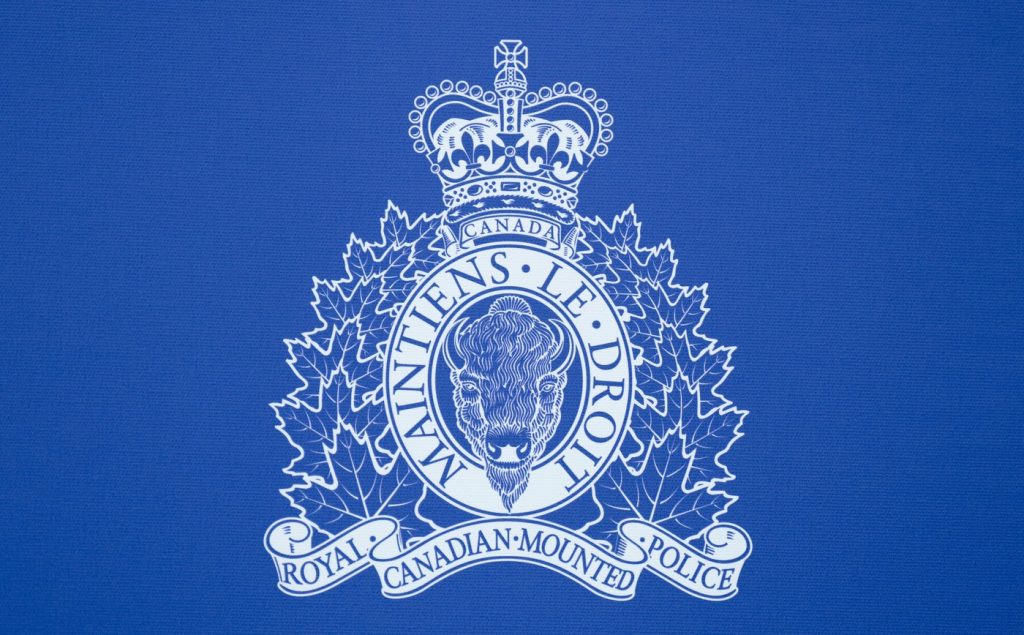Philippines says flares fired from a Chinese island base threatened its fisheries plane

Posted Aug 24, 2024 01:34:44 AM.
Last Updated Aug 24, 2024 07:45:14 AM.
MANILA, Philippines (AP) — A Philippine fisheries bureau plane was threatened by flares fired from a Chinese island base while conducting a routine patrol in the South China Sea, Philippine officials said Saturday, the latest territorial spat between Beijing and Manila over one of the world’s busiest trade routes, with confrontations spreading from the disputed waters to the airspace above.
China has been at odds with several other countries in the Asia-Pacific for years over its sweeping maritime claims, including almost all of the South China Sea.
The Bureau of Fisheries and Aquatic Resources’ Cessna 208B Grand Caravan plane was flying near Subi Reef on Thursday when it spotted flares being fired from the fishing atoll, which China has transformed into a militarized island base, a Philippine government interagency task force said in a statement.
No other details were provided, including the distance of the flares from the Philippine plane and if it proceeded with its patrol to monitor for poachers in the internationally recognized exclusive economic zone of the Philippines.
The same Philippine fisheries plane was subjected to “harassment” on Aug. 19 when a Chinese air force fighter jet “engaged in irresponsible and dangerous maneuvers, deploying flares multiple times at a dangerously close distance of approximately 15 meters (yards)” near the disputed Scarborough Shoal, the Philippine task force said.
“The Chinese fighter jet was not provoked, yet its actions demonstrated hazardous intent that jeopardized the safety of the personnel onboard the BFAR aircraft,” according to the task force, which includes the Department of National Defense, the Armed Forces of the Philippines and the Philippine coast guard.
Chinese officials did not immediately respond to a request for comment, but they have previously accused Philippine ships and aircraft of encroaching into what they said was Chinese territory in the sea passage.
“We firmly reiterate our call on the government of the People’s Republic of China to immediately cease all provocative and dangerous actions that threaten the safety of Philippine vessels and aircraft engaged in legitimate and regular activities within Philippine territory and exclusive economic zone,” the Philippine task force said. “Such actions undermine regional peace and security and further erode the image of the PRC with the international community.”
The United States, Manila’s longtime treaty ally, also condemned China over the firing of flares at Philippine aircraft over the two shoals. “We call on the PRC to cease provocative and dangerous actions that undermine a free and open Indo-Pacific,” U.S. Ambassador to Manila MaryKay Carlson said in a statement posted on X.
In a separate Aug. 8 dispute over the Scarborough Shoal, Philippine officials said two Chinese jets flew dangerously close and fired a volley of flares in the path of a Philippine air force patrol plane. It was the first such aerial encounter since high-seas hostilities between Beijing and Manila in the South China Sea began heating up in 2023.
Philippine military chief Gen. Romeo Brawner Jr. did not report any injuries or damage then, but condemned the Chinese actions, which he said could have had tragic consequences. The Department of Foreign Affairs in Manila eventually filed a diplomatic protest against Beijing.
“If the flares came into contact with our aircraft, these could have been blown into the propeller or the intake or burned our plane,” Brawner told reporters. “It was very dangerous.”
The Southern Theater Command of the Chinese People’s Liberation Army said that a Philippine air force aircraft illegally entered the airspace above the Scarborough, which China also claims, disrupting its combat training activities at the time.
The command said it sent jets and ships to identify, track and drive away the Philippine aircraft, and warned the Philippines to “stop its infringement, provocation, distortion and hyping-up.”
The United States, Australia and Canada have reported similar actions by Chinese air force aircraft in the South China Sea, where those nations have deployed forces to promote freedom of navigation and overflight.
China has bristled at military deployments by the U.S. and its allies in the disputed region, calling it a danger to regional security.
Jim Gomez, The Associated Press








